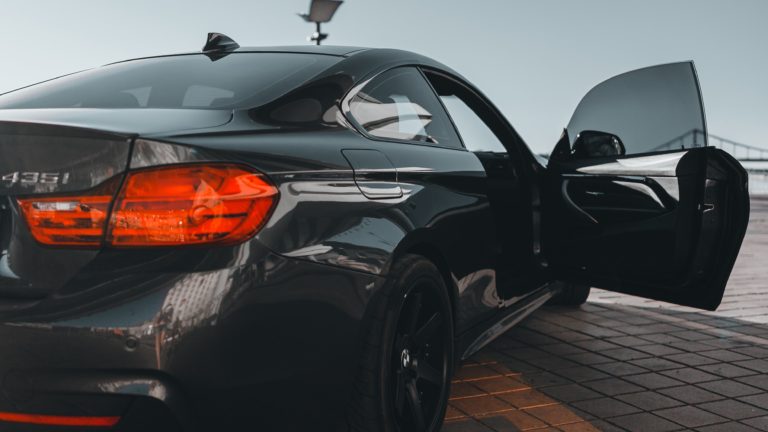If you aren’t too sure of the type of car you should buy, you should begin by asking yourself certain basic questions. The objective of doing this is to find a car that will suit your needs the most.
How Many People Do You Travel With?
Most sedans and hatchbacks can hold 5 people. However, the center-rear position is quite uncomfortable to sit in for long periods of time – so, this is something you’ll want to consider and, maybe, even try out during the test drive. If you usually have more than 5 co-passengers, you could get a three-row SUV or a minivan. Some SUVs give you the option of folding or removing the rear seat to increase the cargo space, so you may want to consider this option as well.
Do You Want To Drive A Manual Or Automatic Car?
Car manufacturers have increasingly started to manufacture new cars with only manual transmissions. However, many automatic cars also come with a manual-shift mode, which essentially works like manual transmission (without the clutch). If you drive in hilly areas and rough terrains often, the manual-shift mode will come in handy since it will give you more control.
What Do You Primarily Need Your Car For?
Taking a look at what exactly you need your car for will help you choose the right type of vehicle. For instance, say you need a practical car to commute to work. In such a case, you may want to buy yourself a compact hatchback. If you are a driving enthusiast who enjoys driving, you’ll want to get a car that offers great handling. If you want a sporty car that’s perfect for off-roading adventures, buy an SUV.
Fuel Economy Or Power?
Most cars are available with different transmission and engine combinations. The more powerful a car is, the less fuel-efficient it is likely to be and vice versa. Smaller cars are usually fitted with four-cylinder engines that are fuel-efficient but lack the smoothness and power of a V6. Hybrids and diesels are also good options if you are looking for fuel-efficient cars.
In addition to the factors mentioned above, make sure to also take your budget into account. Don’t spend more than what you can afford on a car – remember that a car is not an investment. It will only depreciate in value over time.

Comments are closed.